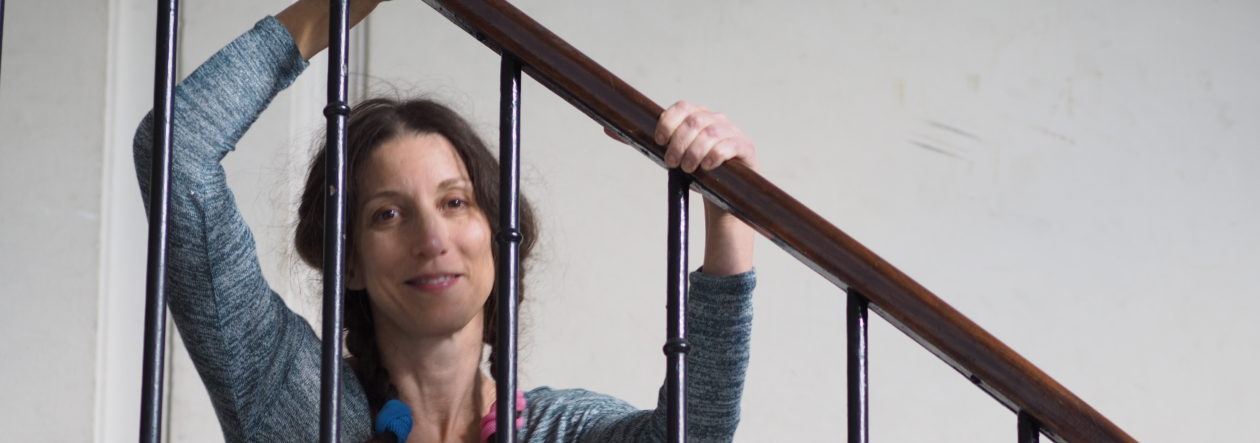The Sunday Times, February, 2006
by Maurice Chittenden
White Teeth was a whitewash, says Muslim who inspired prizewinning novel’s central character
WHITE TEETH, the novel that made Britain feel good about the state of its race relations, has been accused of whitewashing the truth by the real-life model for one of its characters.
Ziad Haider Rahman, the inspiration for Magid, one of the twin Muslim brothers at the centre of the novel, said Zadie Smith’s book, which was adapted for a television series, was divorced from reality.
“Conspicuously absent from White Teeth is the anger,” he said. “We don’t see the very dark aspects of racism. That’s something that divides the book from reality.”
Haider Rahman, a corporate lawyer with an American law firm in the City, said the book failed to reflect his anger at “being alienated from British society” and “at the Asian community, with which I’m in profound disagreement”.
The novel, set in northwest London and first published in 2000, a year before the September 11 attacks, is a sprawling comic epic spanning three decades. It tells the intertwined stories of three ethnically diverse families in modern Britain.
Smith wrote it at the age of 24, after reading English at Cambridge, and it was celebrated for its optimistic portrait of a “post-racial” country. It won the Whitbread prize for a first novel and a clutch of other awards. Smith was nominated by Ken Livingstone, the mayor of London, as one of the 100 greatest ever black Britons.
Although she insists the book is not based on her own life, the central character of Irie is largely autobiographical. Like her, she grew up in north London, a few blocks from Richard Reid, the shoe bomber. And like Irie, she is the daughter of an English father and a Jamaican mother. Smith dated Jimmi Rahman, the younger brother of Haider Rahman, and the inspiration for Majid’s fictional twin, Millat. She dedicated the book to Jimmi.
Millat’s fictional flirtation with Islamic radicalism is unthreatening: he joins Keepers of the Eternal and Victorious Islamic Nation — a group with a deliberately comic acronym. Magid, meanwhile, finds a comfortable existence as a passionate Anglophile, who is taken up by a family of liberal London Jews.
In real life, Haider Rahman was not so at ease with Britain. He was born in Bangladesh’s impoverished Sylhet province, was bullied and beaten as a boy, pushed into a Christmas tree at school, insulted in the street and once had coffee thrown at him from a moving car. When he went to Oxford University, he was chased out of the bar and later had a swastika daubed on the door of his room, prompting him to change colleges.
His bleak assessment of Britain appears in Menace in Europe, a book by his former girlfriend, Claire Berlinski, to be published in New York next month. In it, he urges Britain to “abandon the dogma of multiculturalism”. Although he said he did not want to denigrate his own people, he said Bengalis were “not really integrating” in London.
He states: “What we’re seeing in the East End of London is ghettoisation . . . The kids lead lives with one foot in the airport. They don’t want to belong. They don’t want to become part of the British story.”
Speaking last week, Haider Rahman, who is a school governor in the East End, said that he nonetheless accepted Smith’s right to artistic licence. “I recognised myself in White Teeth but I also recognise that it is a work of fiction.
“We can get very precious if we address art against reality and start thinking of it as something that ought to reflect accurately and faithfully the real world.”
Berlinski says White Teeth is “full of wishful thinking”. The “cheerless reality” is different, her book argues. She warns her fellow Americans of the dangers afoot because Britain and other European countries have failed to assimilate millions of Muslim immigrants.
“Zadie tried to write a light-hearted book and I think one of the reasons it has been so successful is that it is not grimly realistic,” she said last week. “It obviously wasn’t her agenda to write a book that exposed the seamy undercurrent of race relations in Britain.
“Critics were very excited about this portrait of multi- ethnic Britain as a bubbling, lively, essentially tolerant place where ethnic differences are a backdrop. She refers to Enoch Powell’s rivers of blood speech as something the characters think of being way in the past.
“Reviewers were excited about the portrayal of a racially heterogeneous and essentially integrated London. Events since September 11 have shown that this is not the first image that comes into people’s minds. In terms of having Islamic terrorists operating on your soil, Britain is the worst.”
